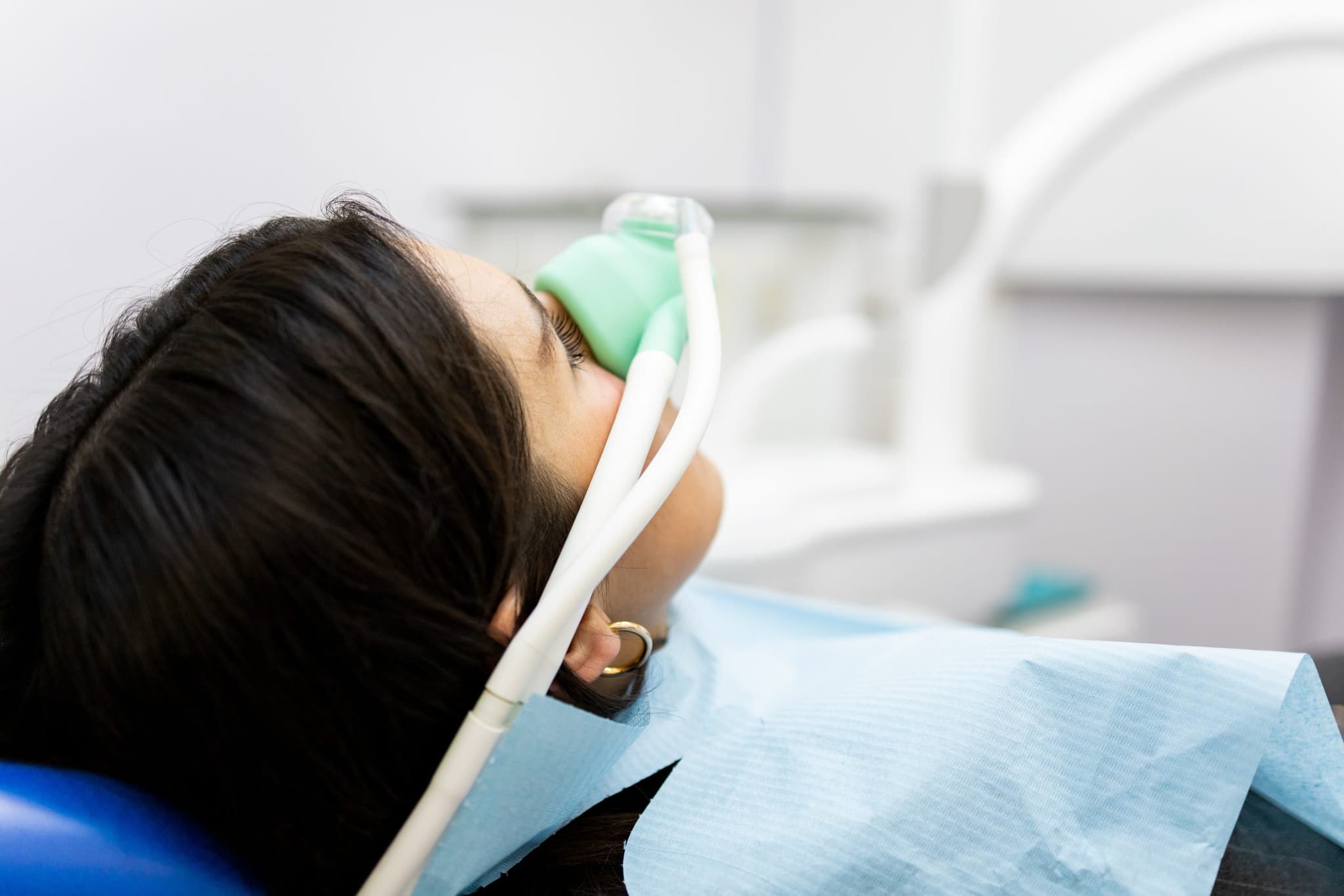
2025-12-17T17:11:43
Why OBGYN Clinics Are Using Nitrous Oxide for Pain Relief
- OB/GYN
November 27, 2015 | OB/GYN
Specialties:OB/GYN

Vaginal health is an important aspect in maintaining a woman’s overall health and can be affected by medications, diet, clothing, exercise and even increased stress.
A healthy vagina is more acidic, which helps maintain an environment of good bacteria called lactobacilli and normal vaginal secretions. This good bacteria helps fight off bad microorganisms and maintains a normal vaginal pH of 4.5 or less. A woman’s pH balance can be disrupted by many different things that occur normally in life:
- Monthly menses (blood has a pH of 7.4)
- Use of tampons and pads
- Intercourse (semen has pH of 7.1-8)
- Personal hygiene soaps ( most have pH>8)
- Perfumes
- Stress
- Hormonal changes in pregnancy
- Menopause and loss of estrogen to the vagina
When the pH gets too high, it can cause an overgrowth of bacteria which causes an odor (usually a fishy smell), watery gray discharge and vaginal irritation. This is known as bacterial vaginosis.
A vaginal yeast infection does not have a high pH, but can be caused by antibiotic use, stress, excessive moisture, excessive sugar intake and diabetes. Symptoms include vaginal irritation, itching and a non- odorous thick white clumpy discharge.
Sexually transmitted infections such as chlamydia, gonorrhea or trichomonas can also cause vaginal irritation, odorous discharge, pelvic pain and other serious problems. Women who have any of these symptoms should see their care providers for evaluation.
1. Change tampon and pads frequently every few hours
2. Wear loose fitting, breathable cotton undergarments
3. Avoid tight fitting clothing, spandex or bathing suits for a prolonged amount of time
4. Avoid soaps and perfumes in the vaginal area. Use warm water to wash
5. Avoid douching, which will remove the good bacteria and change the vaginal pH
6. Use a good probiotic daily to help replace good bacteria in the body
7. Avoid prolonged sitting on heated seats
8. Having yearly gynecological exam will help diagnose any problems or changes that may affect the vagina
9. Limit sugar intake
10. Use condoms or maintain a monogamous relationship with a partner who is free from sexually transmitted diseases
Don’t be afraid to talk openly to your provider. He or she is willing to answer any questions or concerns you might have.
References:
American College of Obstetricians and Gynecologists
Mayo Clinic
UpToDate: Vaginitis in adults: Initial evaluation
UpToDate: Menopausal Health
WRITTEN BY:
Guest
Carol Graff, FNP-C received her undergraduate studies from Weber State University and Brigham Young University Idaho. She worked as a Labor and Delivery registered nurse for 23 years at American Fork Hospital also working in pediatrics, nursery, and newborn ICU. She earned a Master’s degree as a Family Nurse Practitioner from Brigham Young University in 2010 with advanced training in all aspects of family care. She has worked in Family Practice and Urgent Care for the past 2 years. She has also specialized in women’s health issues, preventative health exams, pap smears, contraceptive counseling, premarital exams, hormone therapy, acute and chronic illnesses, and prenatal care.

2025-12-17T17:11:43

2025-11-21T14:10:25

2024-09-19T11:59:35

2019-12-31T15:15:01
This information is not intended to replace the advice of a medical professional. You should always consult your doctor before making decisions about your health.